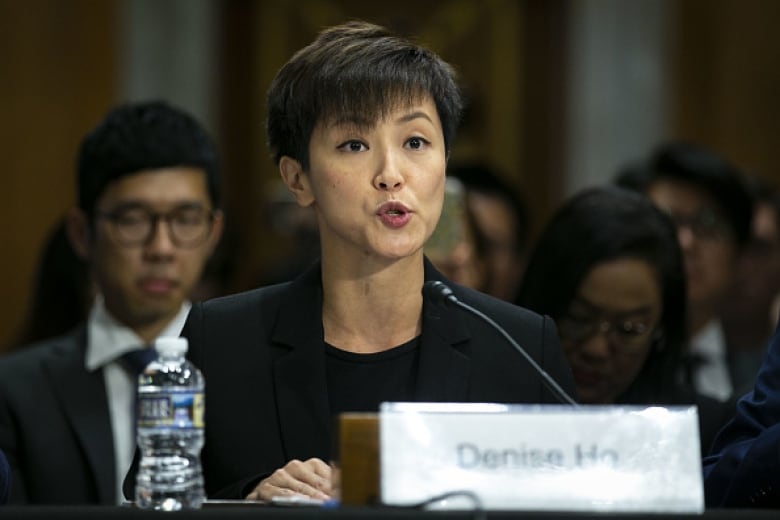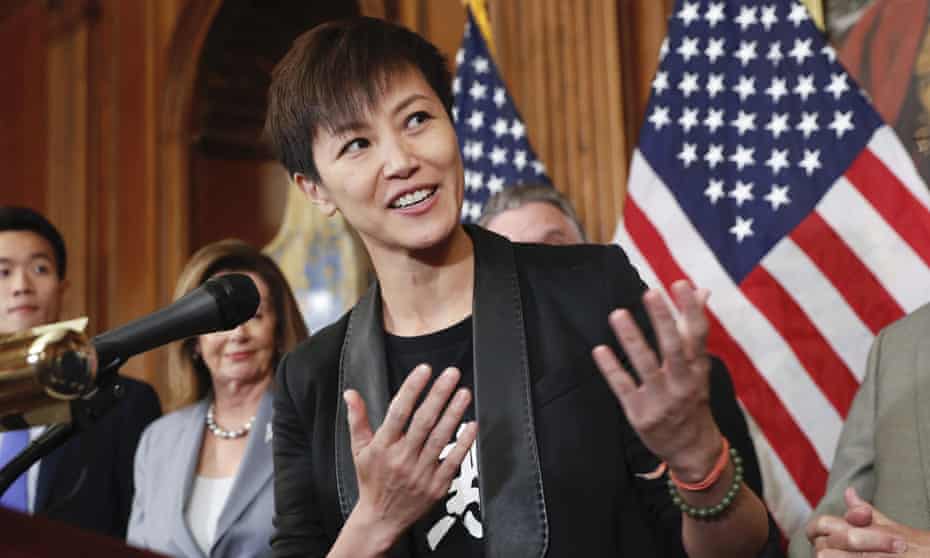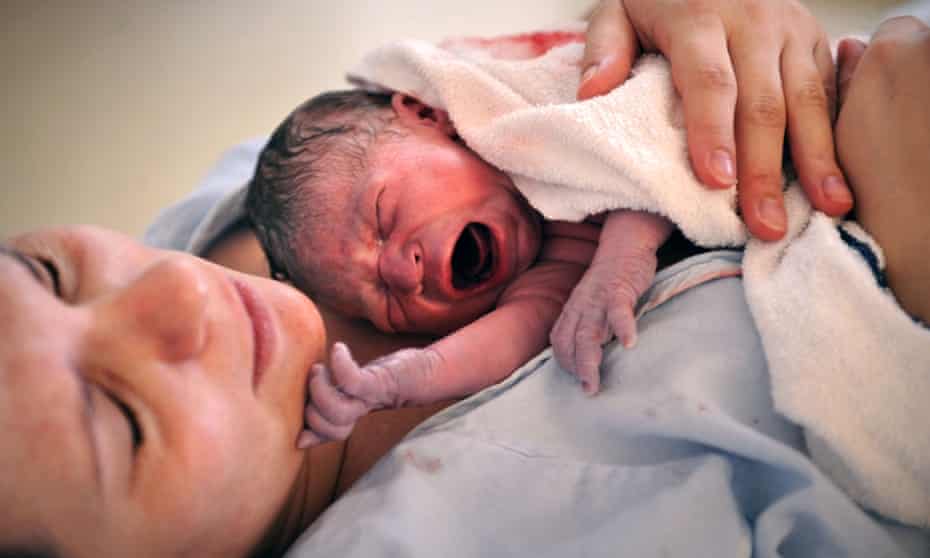Our planet is changing. So is our journalism. This story is part of a CBC News initiative entitled Our Changing Planet to show and explain the effects of climate change and what is being done about it.
Since its birth during the Cold War, Canada's spy agency has occupied itself with three primary threats: terrorism, espionage and foreign interference in domestic politics and business.
Now, the Canadian Security Intelligence Service is pointing to a disruptive new player on the field: climate change.
CSIS says it's trying to get a handle on how climate change will disrupt national security. It has even acknowledged that effort publicly — something intelligence agencies rarely do.
"This is something that will absolutely have profound impacts on Canadians and it will have impacts on our national security. I think it's important that we are going to be in that space," Tricia Geddes, deputy director for policy at CSIS, told an intelligence conference last month.
- Have questions about climate science, policy or politics? Email us: ask@cbc.ca. Your input helps inform our coverage.
"I obviously think this is another one of those big shifts that's obviously been happening for a long time, that we're on the watch for, and I think there will be a significant contribution from the service."
Vincent Rigby, who was until recently Prime Minister Justin Trudeau's national security adviser, said climate change is a cumulative threat. A single mudslide doesn't make a national security crisis — but floods and slides increasing in severity over time due to the warming climate could threaten the security of the entire country.
"[Extreme weather events are] becoming not just more widespread, but the impact is quite, quite, quite damaging and quite, quite, quite severe. That does start to have national security implications," he said.
"It's a threat to our economy. It's a threat to our social fabric to a certain extent, and it's a threat to how we deploy our resources."
Climate change is also likely to drive geopolitical instability and mass migration.
This fall, the U.S. government warned that tens of millions of people are likely to be displaced by 2050 because of climate change — roughly 143 million people in South Asia, sub-Saharan Africa and Latin America alone.
The vulnerabilities that are in our society are clearly being exposed by more extreme weather, and we're not prepared for it.- Prof. Simon Dalby
"As time goes on, you'll see greater disagreements, greater conflicts, potentially over water resources, for example," said Rigby, now a senior fellow with the Washington-based Center for Strategic and International Studies.
"We're already seeing that in countries like Ethiopia and Egypt, that are having disagreements. But this could get even worse, I think, as we head into the future."
Arctic concerns
There are dangers in the Arctic as well, he said, with geopolitical rivals seeking to control the region's resources as the ice retreats. Russia's reactivation of its northern Cold War-era bases, coupled with China's clear interest in the region, could be creating the conditions for great power confrontation.
In March 2020, the Russians deployed three ultra-quiet nuclear subs to simultaneously break through the Arctic ice at the same location — a demonstration that set the defence community on edge.
"You will have greater competition over minerals, over oil and gas, over fishing. Countries like China are increasingly interested in the region. Russia obviously is seeing opportunities as well," Rigby said.
"As that competition potentially heats up, countries will want to protect their perceived rights and their interests."
Geddes said the spy agency must invest in understanding all of those elements by, among other things, hiring its own climate experts.
"Those are important pieces of the puzzle for us to put together in order to be able to understand where those threats are going to emanate from," she said.
"That's something the service needs to continue to invest in ... anticipating the next threat and then properly understanding that environment."
The Communications Security Establishment, Canada's electronic spy agency, said it too has a role to play with "constantly evolving intelligence requirements."
"We continue to provide the government of Canada with the most comprehensive information available related to Canada's intelligence priorities, directly furthering Canadian safety, security, and prosperity," said spokesperson Evan Koronewski.
"As climate change continues to have a global impact, our intelligence and strategic insights will continue to be valued by government partners and senior decision-makers."
Simon Dalby is a professor of geography and environmental studies at Wilfrid Laurier University who researches the intersection of climate change, environmental security and geopolitics. He said Canada's national security strategy is badly in need of an update to take climate change into account.
"The vulnerabilities that are in our society are clearly being exposed by more extreme weather, and we're not prepared for it," he said.
"We're in a situation where we need to rethink quite dramatically, looking at both our vulnerabilities in terms of climate change, but also thinking long and hard about what kind of an economy we build that no longer makes us vulnerable."
Canada 'scrambling,' says prof
Earlier this month, the Centre for International Governance Innovation (CIGI) think tank released a report calling on Ottawa to re-think its approach to national security in order to address emerging threats.
It recommends that the federal government establish a new cabinet committee on national security, chaired by the prime minister, which would have input from the public safety, defence and global affairs departments.
"It's the kind of long-term planning that we clearly need to be doing rather than just scrambling every time there's an emergency because we simply keep getting caught not prepared," said Dalby, who is cited in the CIGI report.
To the south, the U.S. director of national intelligence issued an assessment on climate change in October that concluded it "will increasingly exacerbate risks to U.S. national security interests as the physical impacts increase and geopolitical tensions mount about how to respond to the challenge."
That warning was part of a series of documents issued by the U.S. National Security Council and the departments of homeland security and defence. It was the first time American federal security agencies came together to warn policymakers about the security implications of climate change.
Rigby said Canada's intelligence community needs to "step up [its] game" on assessing the danger presented by climate change, both in the short and long term.
"When we think of our intelligence agencies, we often think of spooks working in the shadows and people in trenchcoats looking around the corner of buildings and those sorts of things," he said. "The fact of the matter is that modern day intelligence is very much analysis and assessment, using open sources and looking at broad trends over the horizon, long distance.
"I'm not sure we're doing enough of that in Canada right now."












